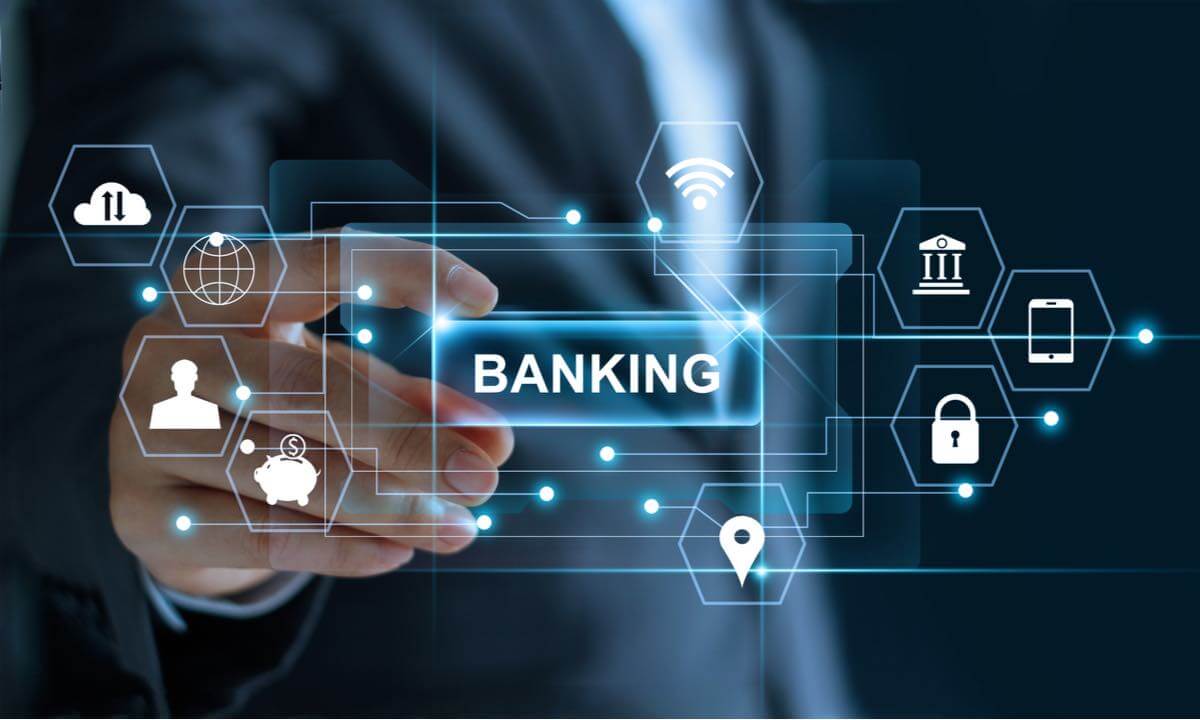Digital banks vs Traditional Banks

Opening a bank account with a traditional bank has been increasingly difficult since a few years ago especially in Hong Kong and Singapore. Banks have tighten their due diligence requirements and some banks only accept specific businesses. There has been much debate over which type of bank is better. Whatever the case be, there is always two sides to a coin.
Digital or fintech banking is completely electronic, documents, information, communication are all digitised, whereas traditional banks tend to rely somewhat on physical documentation. The former operates fully online without the requirement of physical meetings for verification of due diligence. Banking activities and account management are done completely online with the use of the bank’s website or app.
Comparisons between digital bank over traditional banks
1. Ease of account opening process
You can open a digital bank account remotely, anytime and anywhere through your smart phone, computer or tablet. There is no requirement to visit a branch or produce physical certified copies of your identification as verification can be done via zoom or any online platform. No queues, no waiting time.
For traditional banks, few banks may keep the option of opening an account online even after travelling restrictions are lifted. Regardless, the requirement to courier all the original signed documents and due diligence documents is still necessary. Most banks will prefer to have a physical interview. The timeline to process the bank account is typically a month or two, depending on each case, whereas a digital bank is able to process the account in a much shorter time.
2. Lower costs with self service
Since digital banks operate fully online and have little physical presence in the form of bank branches and ATM machines, digital banks have lesser overheads than traditional banks required to operate – such as less, or even no rent, fewer staff salaries, lesser costs for office equipment and utilities. Due to digitalisation, fees for fund transfers and other financial transactions are much more competitive compared to traditional banks.
Unlike digital banks, traditional banks have high rents to pay and a requirement to maintain public image, staff and operational costs. Minimum bank deposits and bank charges are higher than digital banks.
3. Traditional banks are becoming more or highly selective.
With the tightening of regulations, traditional banks have become more selective in onboarding customers. Their list of requirements have become longer and any business or profile deemed high risk will be rejected. In addition, with the implementation of economic substance requirements for many jurisdictions, banks are now looking to see whether the business has any economic connection with the jurisdiction that you are opening the account with. If one does not have any business substance, it will be challenging to open the bank account. This has been a huge obstacle for start-up companies or small to medium enterprises (“SME”).
With digital banking, there is no question on the economic substance connection. Digital banks also do not require a huge deposit in the bank account and are not overly concerned about where you are located. You can be sitting in Europe and have a digital bank based in Singapore. According to OECD report on SME financing, SMEs are key contributors to economic and job creation. Digital banks are driving innovation and providing financing alternatives for SMEs who may have challenges in opening a traditional bank account.
Unlike traditional banks, fintech banks do not have a static business model and are able to open for most kinds of businesses as long as they are not from sanctioned countries and the profiles meet the due diligence requirements.
4. Reliability
Traditional banks may seem to be more reliable, as one can walk-in to a branch and get things sorted. They will typically have their own SWIFT codes and intermediary banks whereas digital banks must rely on their custodian banks.
Furthermore, digital banks may be more susceptible to technological issues due to their high dependence on technology. Thus, potential customers may be hesitant and prefer traditional banks.
Whether digital banks have higher security risks relating to hacking or system malfunction is difficult to comment as both types of banks are moving towards cloud computing and a centralised system. Both have risks of becoming hacked, data leaks or losing stored funds. Though these threats are unlikely, anything is possible.
5. Easier reconciliation
Due to the nature of digital banks, their codes can be integrated into the codes of other platforms like cloud accounting software, such as Xero, a digital accounting platform capable of performing actions such as bank reconciliations to sending invoices.
Banks that operate digitally simplify how we do banking and offer opportunities to merge financial worlds into a simpler process.
There are many advantages in using digital banks compared to traditional banks. They can perform transactions that traditional banks cannot as fintech tends to be more flexible, filling in gaps in the market and leveraging new technologies to scale and secure businesses. Finances can be controlled entirely from a smartphone or computer.
Which bank is better? There is no definitive answer, whichever is most suitable for your business and banking needs.
To discuss your needs and requirements further, please do not hesitate in contacting Zetland who is equipped in assisting you in account openings for both traditional and banks. For more information, please contact us as singapore@zetland.biz or +65 65572071.

















